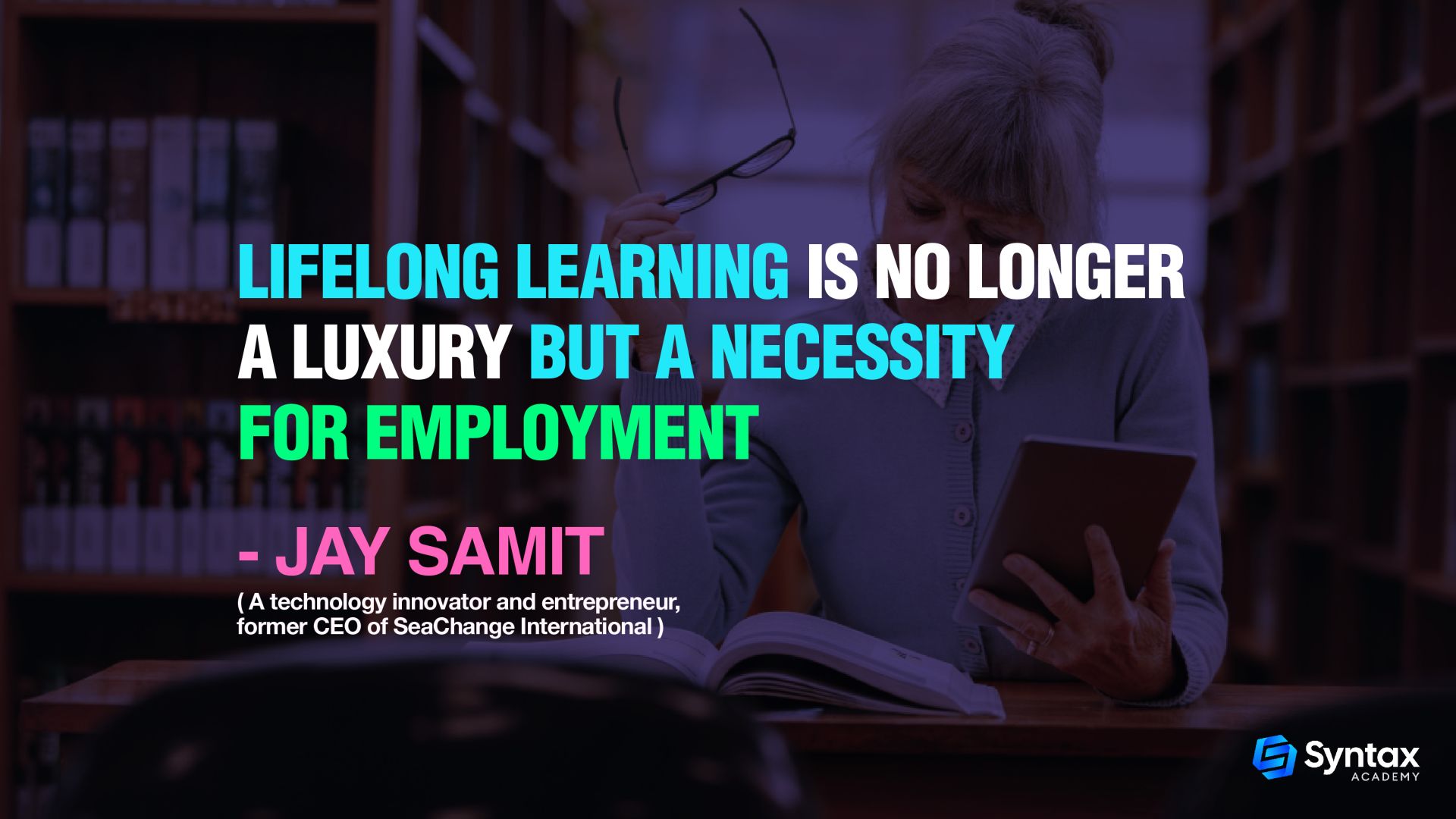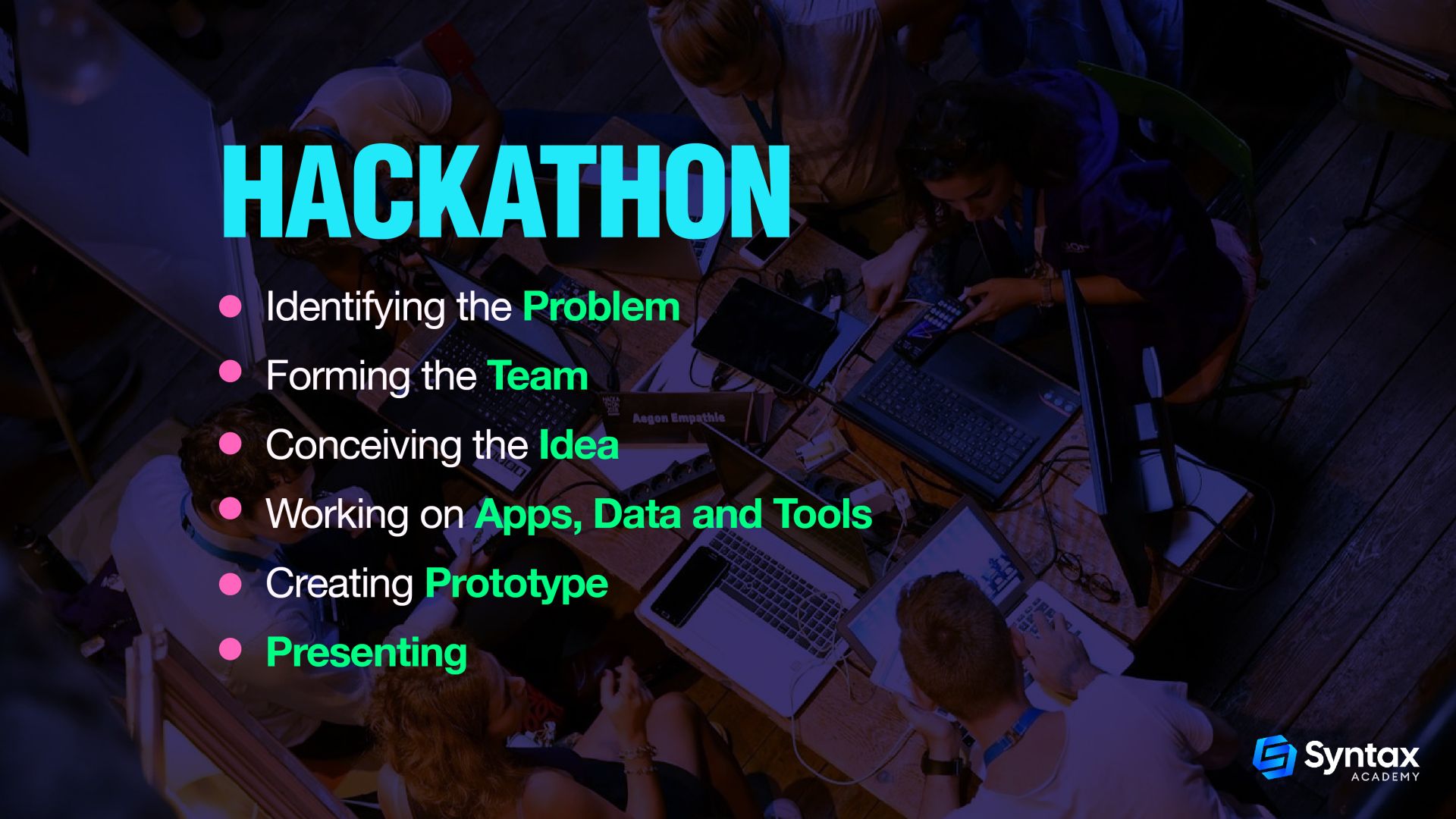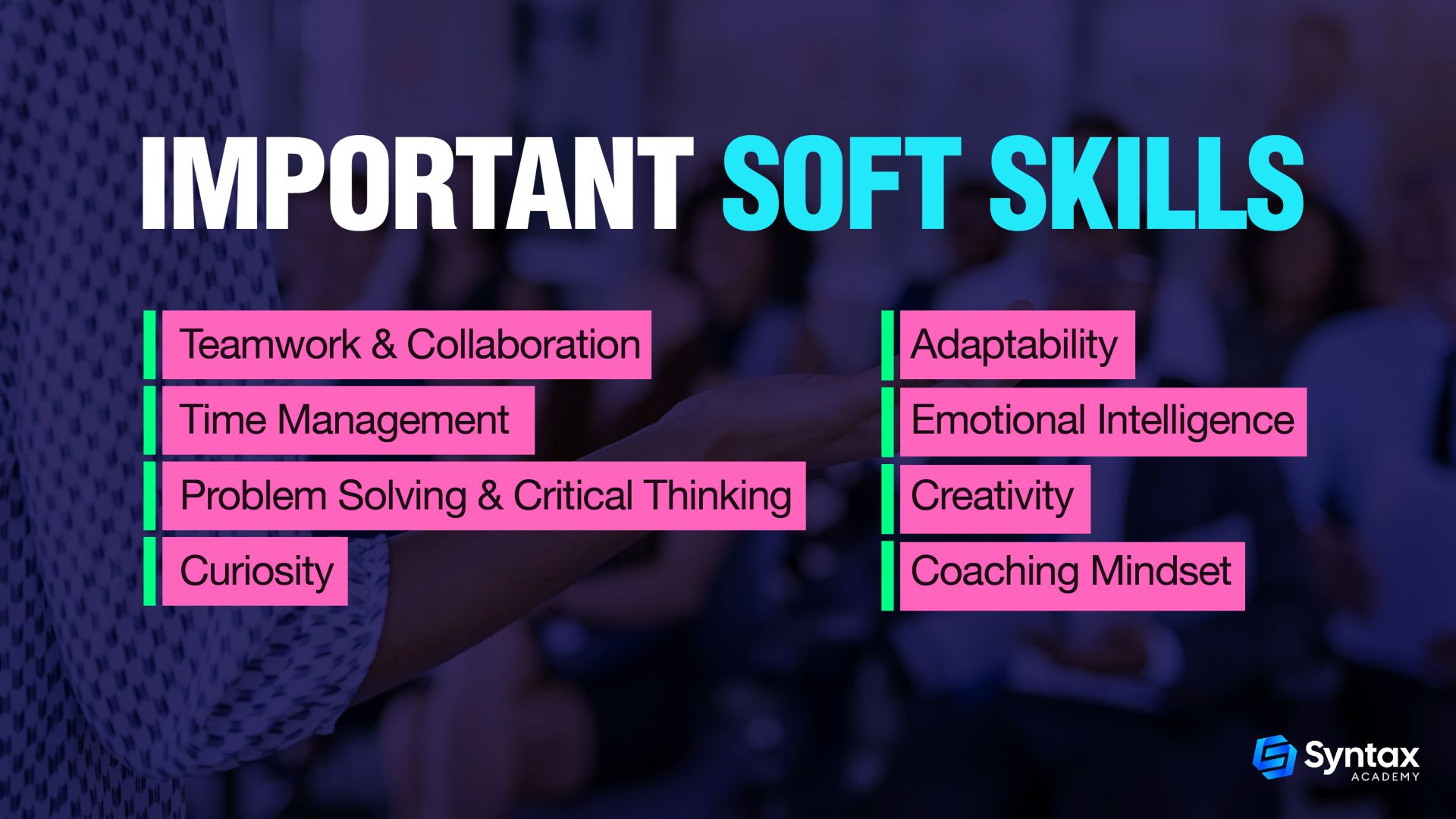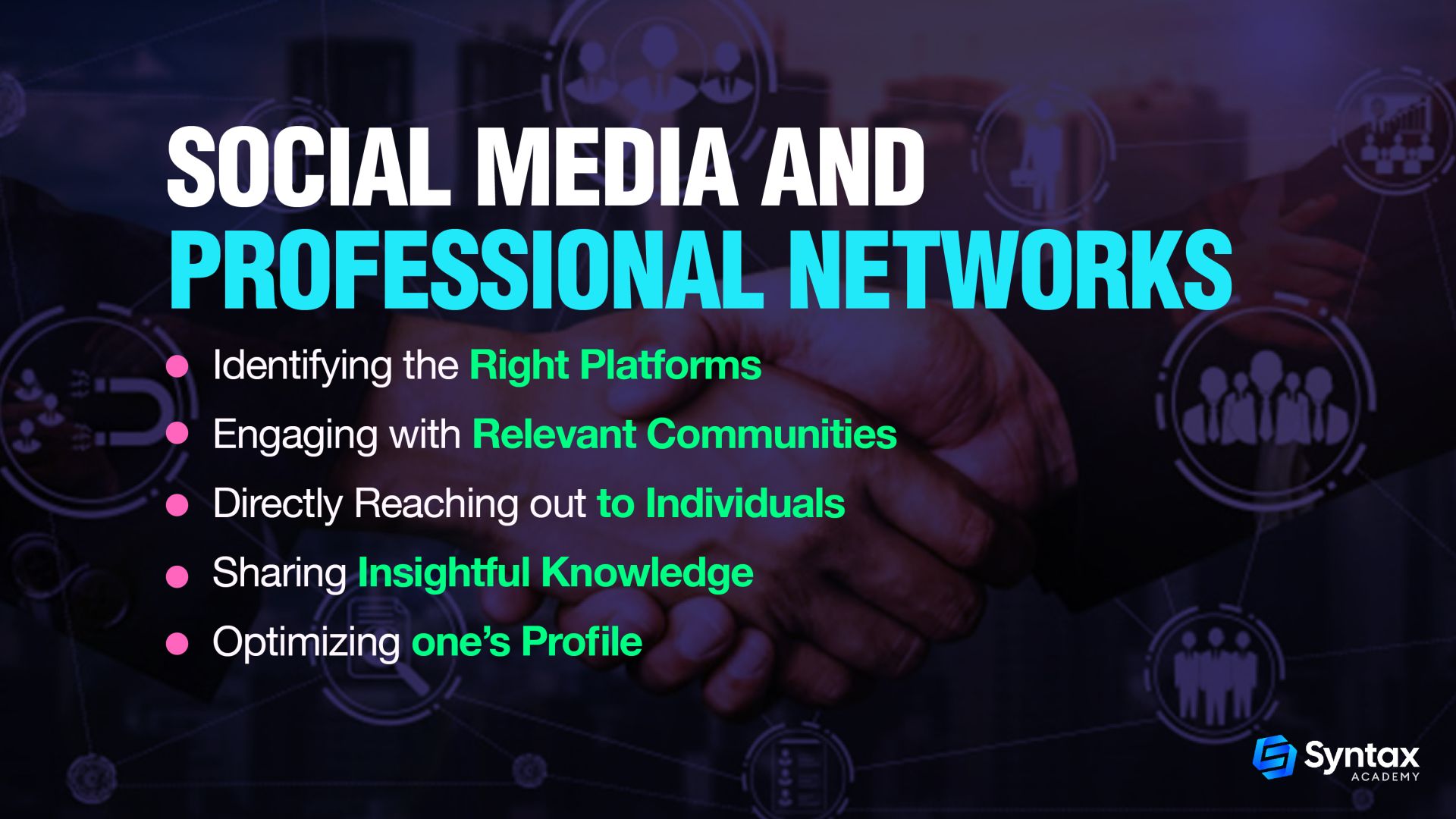How to Boost Your Tech Career: Tips for Skill Development and Networking

Feeling stuck in your tech career? You’re not alone. The tech world moves faster than we can keep up with sometimes, and if you don’t stay ahead, you might find yourself falling behind.Picture this: you're a developer who just landed a fantastic job, but a few years later, those skills that once made you shine are now seen as the bare minimum. So, what’s the game plan? Whether you're just getting started or aiming to level up, staying relevant is all about two things: building your skills and growing your network.
In this blog, we’ll explore practical strategies to keep your tech career thriving. From participating in hackathons to contributing to open-source projects and developing meaningful connections, these tips will help you stay ahead in the fast-moving tech industry.
Table of Contents
-
1. Skills Development: Building a Strong Foundation
-
2. Networking: Building Meaningful Connections
-
3. Unique Strategies: Stand Out in the Tech World
-
4. Conclusion
1. Skill Development: Building a Strong Foundation
Tech isn’t a field where you learn once and sit back forever. It’s always moving, so your mindset should be about constant learning.
- Online Courses and Certifications: There are many opportunities to learn through online courses and certifications. Whether it’s AI, blockchain, or cybersecurity, earning certifications in these fields can give your resume that extra edge.
- Microlearning: If full-length courses feel overwhelming, try microlearning. These are bite-sized lessons you can fit into your day easily—perfect for people with busy schedules.

And no, hackathons aren’t just for students. They're goldmines for picking up new skills, collaborating with others, and networking—all in one go.
- Real-World Problem Solving: Most of these events are centered around solving real problems, which is great because you get practical experience, you can show off to future employers.
- Collaboration: If you’re someone who works solo most of the time, hackathons push you to work in teams, teaching you the valuable skill of collaboration.

You don’t need to wait for someone to give you a project to work on. Open-source platforms like GitHub are full of opportunities where you can jump in, contribute, and learn.
- Portfolio Building: Your work is public! So, every contribution you make is something you can point potential employers to.
- Networking: Beyond coding, the people you meet in the open-source community are invaluable. They can give feedback, support, and sometimes even job offers.
It’s easy to get wrapped up in technical skills, but soft skills—like how you communicate and work with others—are just as important.
- Public Speaking: If talking in front of others isn’t your thing, try joining a group like Toastmasters. It’ll do wonders for your confidence and presentation skills.
- Empathy and Teamwork: Whether it’s through sports or group activities outside work, learning how to understand and collaborate with others will set you apart in any role.

2. Networking: Building Meaningful Connections
Social media platforms aren’t just for scrolling through memes. They can be super effective for building your professional network.
- Engage with Content: On LinkedIn or Twitter, don’t just scroll. Engage with posts, share your thoughts, and comment on discussions. It’s a great way to showcase your knowledge and connect with others.
- Connect with Influencers: Follow people who are leaders in your field. Comment thoughtfully on their posts or ask insightful questions—it’s a great way to get noticed.

Even in our virtual world, nothing beats the connections you make in person. Conferences and meetups are great places to meet people who share your interests.
- Volunteer: If you’re attending a big event, try volunteering. It gives you behind-the-scenes access and a chance to interact with speakers and organizers.
- Join Interest Groups: At these events, there are usually smaller breakout sessions where people focus on specific topics. These are perfect for making meaningful connections.
Mentorship isn’t just about finding someone to guide you. It’s also about what you can give back by mentoring others.
- Find a Mentor: Reach out to someone whose career path you admire. Most people are happy to help if you approach them respectfully.
- Be a Mentor: Helping others is a great way to reinforce your knowledge and build leadership skills.
Side projects aren’t just about coding for fun. They’re a fantastic way to learn, grow, and connect with others.
- Start or Join a Project: Whether it’s a small app, a blog, or even a research project, working with others on the side gives you a platform to learn and share ideas.
- Showcase Your Work: Make sure to put your side projects up on GitHub or your personal website. It’s a great way to demonstrate your dedication and skills.
3.Unique Strategies: Stand Out in the Tech World
It’s not just about what you know, but how you present yourself.
- Create a Professional Website: A simple site that highlights your resume, projects, and maybe a blog where you share what you’re learning can set you apart.
- Consistent Online Presence: Use the same professional photo and bio across all your platforms—LinkedIn, Twitter, GitHub—to create a cohesive image.
Keeping up with the latest tech news ensures you’re always in the loop.
- Subscribe to Newsletters: Newsletters from sources like TechCrunch or MIT Technology Review can keep you updated on what’s new.
- Listen to Podcasts: Industry podcasts and webinars are great for learning on the go and staying informed about new developments.
One of the best ways to solidify your understanding of something is by teaching it.
- Start a Blog or Vlog: Whether you write or make videos, explaining tech concepts to others will help you master those topics.
- Host Workshops or Webinars: Sharing what you know through online workshops or webinars can help you build your reputation as an expert.
4.Conclusion
Navigating the tech industry isn’t just about having the right skills, but also about continuous learning and connecting with the right people. The world of tech is yours to shape. With the right mindset and strategies, there’s no limit to what you can achieve.
If you're looking to upskill, Syntax Academy offers courses in today’s most in-demand fields. These courses could be the push your career needs to go to the next level. So, keep learning, keep connecting, and most importantly, keep pushing your boundaries.

Share with your community!
Related Article

Tech
Tech Careers of the Future: Emerging Roles in a Rapidly Evolving Industry
By: Martha James
Feeling stuck in your tech career? You’re not alone. The tech world moves faster than we can keep up with sometimes, and if you don’t stay ahead, you might find yourself falling behind.Picture this: you're a developer who just landed a fantastic job, but a few years later, those skills that once made you shine are now seen as the bare minimum. So, what’s the game plan? Whether you're just getting started or aiming to level up, staying relevant is all about two things: building your skills and growing your network.In this blog, we’ll explore practical strategies to keep your tech career thriving. From participating in hackathons to contributing to open-source projects and developing meaningful connections, these tips will help you stay ahead in the fast-moving tech industry.
Read More

BI & Analytics
Excel for Business Intelligence: Unlocking the Power of Data Analysis
By: Martha James
In today’s data-driven world, turning raw data into clear, actionable insights is a necessity for businesses. Microsoft Excel, often seen as just a spreadsheet tool, is actually much more. When used effectively, Excel becomes a powerful Business Intelligence tool, helping you make smarter, data-backed decisions.In this blog, we’ll explore how Excel can transform your data approach—from collection and cleaning to complex analysis and interactive dashboards—showcasing the key techniques and advanced features that make Excel indispensable for Business Intelligence.
Read More

Generative AI
Traditional AI vs. Generative AI: Understanding the Contrast
By: Martha James
Curious about how computers create art, stories, or music? It's pretty amazing, right? Well, let me introduce you to two different types of computer smarts: Traditional AI and Generative AI. They're like two superheroes with their own special powers. Get ready to dive into the world of Traditional AI vs. Generative AI – it's going to be an exciting ride! In this blog, we'll explore the differences between these two types of AI and discover what makes each of them unique.
Read More
Professionals from Industry Pioneers Choose
Syntax Academy for Skill Mastery
